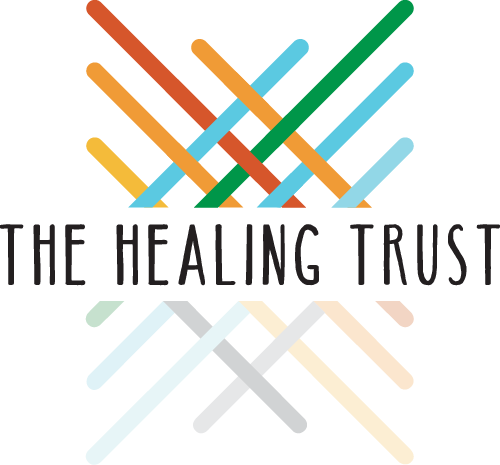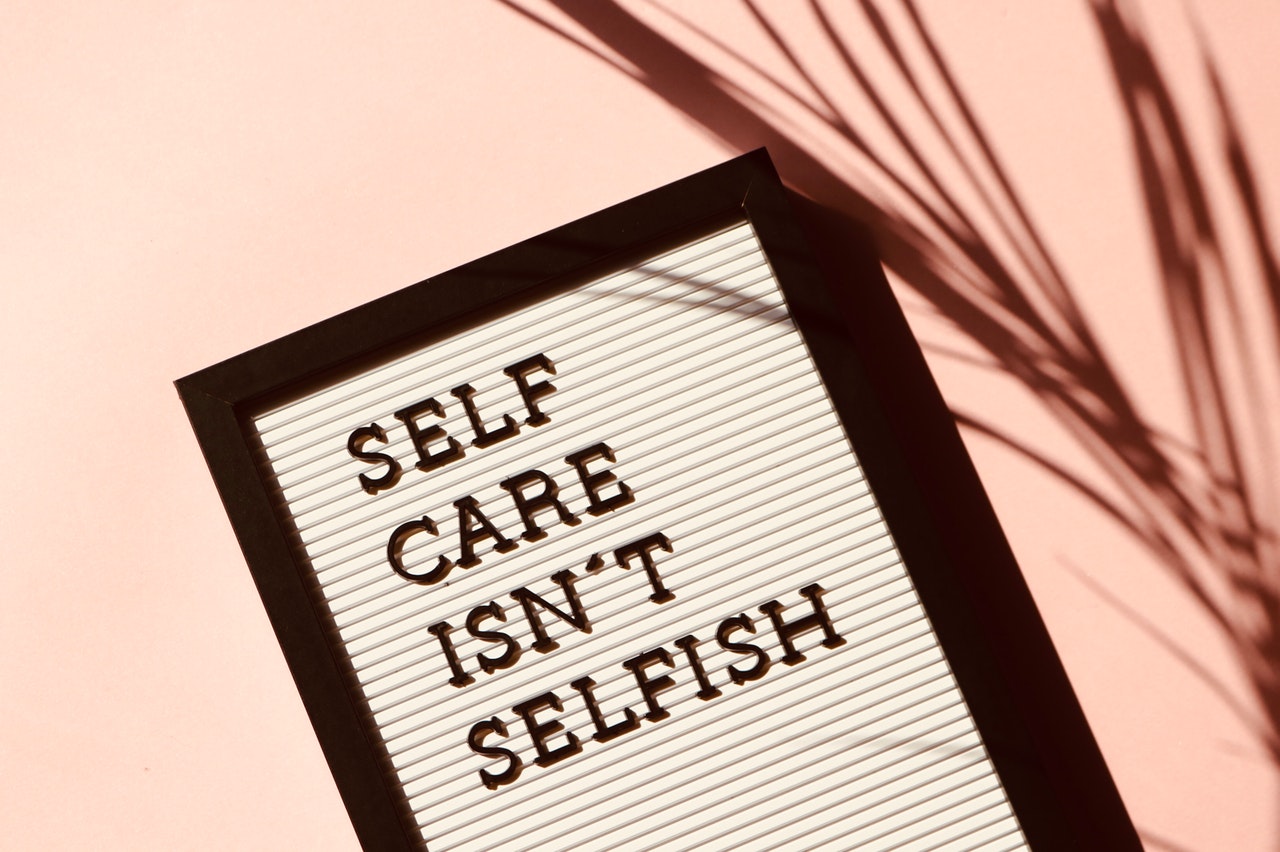I recently attended a morning meeting at the end of a long work week. Professionals from various sectors in Nashville were represented, collectively sitting around the same table to tackle top issues plaguing the health of Tennesseans. As the meeting unfolded, I noticed a common theme on the faces of attendees: zombie-like expressions.
Bags under glazed-over eyes, mouths slightly open, frazzled hair and a bottomless cup of coffee in the hands of each attendant visually expressed exhausted bodies inside dapper suits and pencil skirts that proclaimed this is what working for social change looks like.
Although Americans are getting inadequate sleep across sectors, those in the social sector and those who provide direct service often aren’t getting the sleep they need–and it’s not because they aren’t laying their head on their pillow at night.
One reason: the stress the body absorbs from witnessing trauma and extreme suffering produces a high level of mental arousal that make it challenging for the mind to shut off at night, even when the body is exhausted.
I experienced this during the summer of 2018. I spent those months on the streets of Nashville with people experiencing homelessness–under bridges, fading into the woods, and in public parks downtown. My body had a visceral reaction to what I experienced in the 300-volunteer hours I spent doing this work. While I felt I was at the foot of the divine handing out water and providing care during the day, nighttime became my enemy. I was unable to fall asleep, and when I could finally get my eyes and mind to rest, it was a victory if I slept through the night. I’d often wake up flustered and sweaty. I began having panic attacks, and anxiety became the lens I saw the world through.
I was confused by the flags my body was waving to beg for self and communal care. I really valued the work and felt empowered doing it, but I was having difficulty processing the suffering I was witnessing in contrast to my own privileged reality. I later discovered I needed time and space to reflect, to listen to my body’s needs, and share my struggles with someone who didn’t discourage me from spending my summer providing foot care to unhoused people.
At first, I thought: Me? Self-care? I’m fine. I’m resilient and tough–I can push through anything! In the name of solidarity, I’ll run my mental health thin.
Fortunately, my mindset changed.
I didn’t have an instant shift in my beliefs about self-care. Beginning an internship at The Healing Trust helped me to see self-care beyond yoga, therapy, and manicures. Although I participate and enjoy all three of things, being at The Trust opened my eyes to the impact that an organization can have on self-care. The culture includes the option to work remotely with flexible hours, a workspace that is physically comfortable, equitable pay, and encouragement to take time off without guilt. It felt like culture shock.
I became part of a team that values the wellbeing of their colleagues as much as they value the fulfillment of their mission. The staff lives out their organizational values—believing every human being is worthy of and deserves compassionate care—and applies that in the workplace. I witnessed the staff holding each other accountable for their wellbeing; encouraging team members to stay home (not ‘working from home’) when sick; providing the opportunity to do yoga together on Fridays during business hours; and stopping in the afternoon to eat lunch together around the same table.
Self-care became part of my work plan because it was an area that I needed to grow in. With the guidance of my supervisor, the internship became a learning lab for taking care of my holistic wellbeing on and off the clock.
While the work culture is significant, being treated as a whole person in the office had the greatest impact on me. I am more than the work I do, and my colleagues see me that way. While I am held accountable to completing my assignments on time, I am encouraged to ask for what I need so I can continue to show up at work with longevity and passion. I’ve discovered that when I feel safe and cared for at work, it is easier to be brave there, too. I ask more questions, take more risks, and contribute more fully to the team’s innovation and success.
With time, reflection, and great models, I began to flip the harmful idea and cultural belief that self-care is selfish. My new mantra became, YES, I am resilient and tough, AND I need to value my own wellbeing like I value the wellbeing of unhoused folks. I’m sleeping better now and self-care is a regular part of my daily routine.
Have you changed your perspective on self-care? What inspired that change?
____________________________________________________________________________
Ready to begin implementing a compassionate culture of self-care in your organization? Download our free tools to plan a day of renewal for yourself or your team.
Abby Siegel Hyman is the facilitator for our Healing for the Healer retreats. She was an intern at The Trust from August 2018 through January 2020.

